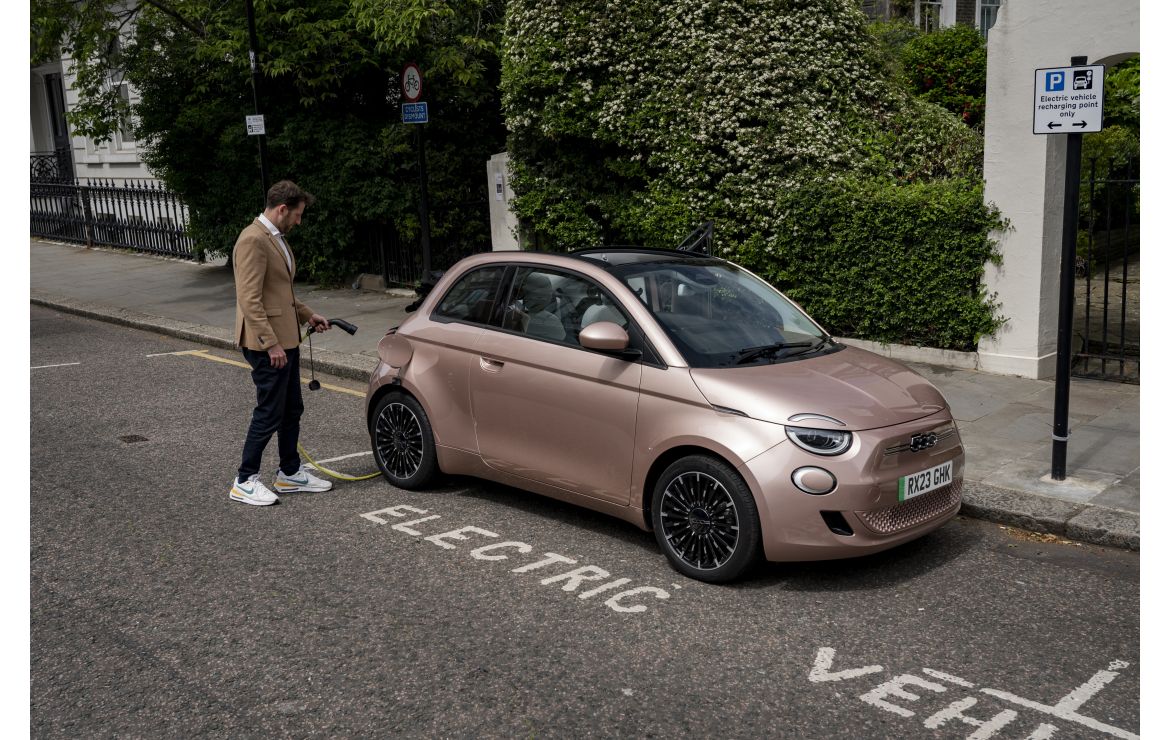
Introduction
The electric car grant is a significant initiative in the UK aimed at promoting the adoption of electric vehicles (EVs) and reducing carbon emissions. As more people shift towards sustainable modes of transportation, understanding the electric car grant’s importance, benefits, and relevance has never been more critical.
Current Developments in the Electric Car Grant
In early 2023, the UK government announced changes to the electric car grant scheme. Previously, the grant offered up to £2,500 towards the purchase of eligible electric vehicles. However, recent adjustments have reduced this figure to a maximum of £1,500, effective from April 2023. This change aims to reallocate resources towards expanding EV infrastructure and supporting new technologies.
The scheme now focusses on specific categories of vehicles, primarily targeting lower-priced models, with eligible vehicles costing no more than £32,000. This approach is designed to ensure that the grant is used effectively to assist those purchasing more affordable electric cars. Despite the reduction, the grant remains an essential financial incentive that aids drivers in transitioning to electric vehicles.
Eligibility Criteria
To qualify for the electric car grant, applicants must ensure their vehicles meet specific criteria set by the government. Eligible vehicles must emit less than 50g/km of CO2 and be capable of travelling a minimum of 70 miles without producing any emissions. Moreover, applicants must purchase a battery electric vehicle (BEV) or a qualifying plug-in hybrid electric vehicle (PHEV) from an approved dealership.
Impact and Future Outlook
The electric car grant plays a crucial role in the UK’s efforts to achieve net-zero carbon emissions by 2050. By incentivising consumers to switch to electric vehicles, the government aims to reduce air pollution and dependence on fossil fuels. As more EV models come to market and infrastructure develops, it is anticipated that the uptake of electric vehicles will further accelerate.
Experts foresee that despite the recent grant reduction, the growing appeal of electric vehicles, combined with advancements in battery technology and charging networks, will bolster consumer interest. Furthermore, additional government initiatives and private sector investments in EV technology are likely to emerge, enhancing the overall growth of the electric vehicle market.
Conclusion
The electric car grant continues to be a significant driver in promoting the adoption of electric vehicles within the UK. While changes to the funding levels may impact some prospective buyers, the long-term benefits of transitioning to electric vehicles are evident. For UK residents considering an electric vehicle purchase, understanding the grant’s details and criteria is essential for making an informed decision.
You may also like

The Importance of Building a Sustainable Company

Understanding the Significance of Energy in Our Lives

The Impact of White Lotus on Environmental Tourism
SEARCH
LAST NEWS
- Remembering Wendy Richard: The Promise to Co-Star Natalie Cassidy
- How Did Anglian Water Achieve an ‘Essentials’ Rating for Mental Health Accessibility?
- Shai Hope Leads West Indies in T20 World Cup Clash Against South Africa
- What We Know About Weston McKennie: Future at Juventus and Past at Leeds
- What We Know About the Upcoming Live Nation Antitrust Trial